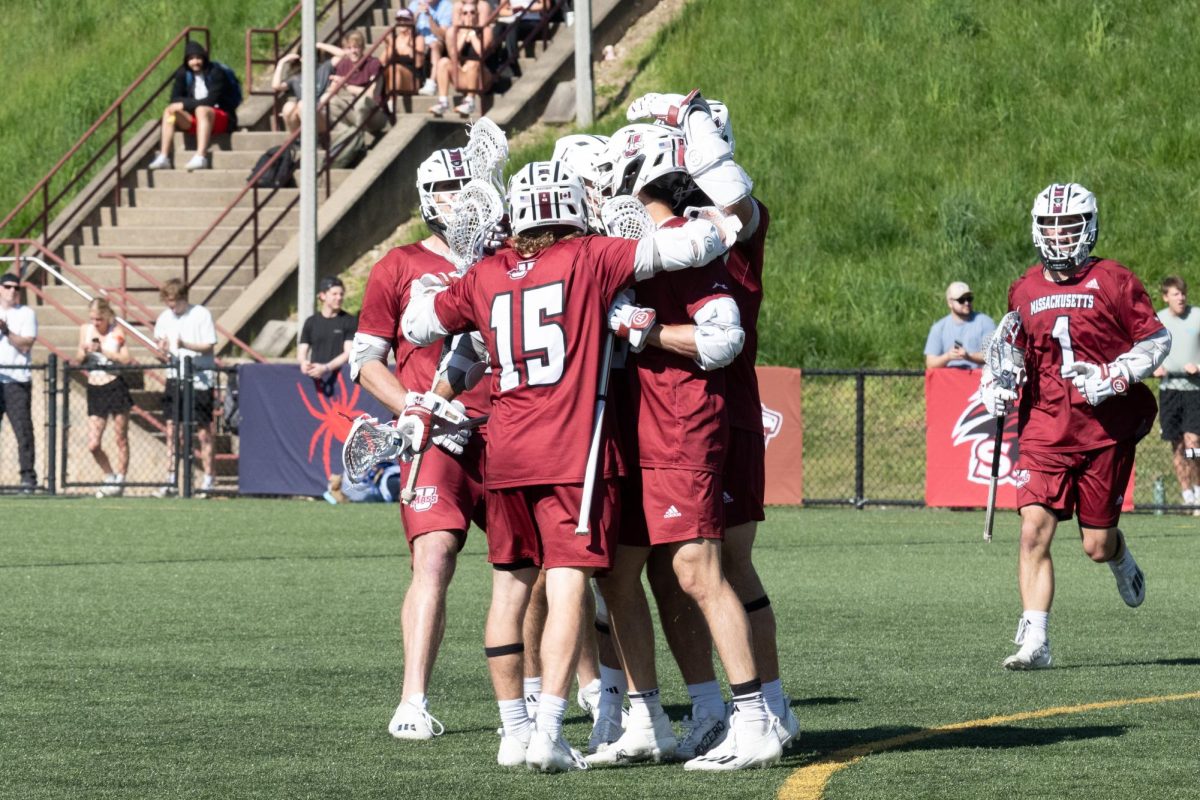“How does it feel to kill your baby?” the woman in a Tweety Bird sweat shirt screamed at a patient entering the small clinic on Commonwealth Avenue in Boston.
The patient stopped to look at the Tweety Bird woman; she didn’t shout obscenities or make gestures of any kind. She just turned and looked this woman in the eyes. Those two seconds that their eyes locked seemed like hours as I watched silently, dazed. The patient looked at the Tweety Bird woman with an expression that seemed to say, “Oh, give me a break.” It didn’t look like this patient seeking an abortion, was very happy or proud of what she was doing; it was just a medical procedure that she just happened to need.
The patient obviously didn’t want to spend her Saturday this way and neither did I, nor my friends. We were juniors in high school who were a part of protest groups like Riot Grrrl, or Refuse and Resist. On Saturdays, we would do something we called “Clinic Defense,” which basically meant that we’d show up early in the morning at a specific clinic that was being bombarded with religious protestors. We were basically a challenging force to the religious crazies who would threaten the lives of the young women patients, the doctors or the staffers.
We were there in case anyone started getting violent, but more importantly, we were there to support these women in a decision that is one of the hardest to make. I say that we didn’t want to spend our Saturdays this way simply because we thought it was terrible that protestors actually got in the way of patients’ rights. We hated that it was necessary to defend the choice of an American citizen.
The religious protestors who showed up at these clinics didn’t look crazy or militant. They looked like people from your own small town that you wave to in the grocery store or the post office. It was like they had separate lives: once they were exhorted by this trigger issue of abortion, their sometimes frightening passion just burst forth, causing them to say terrible things to young girls and threaten the lives of doctors who were only trying to do their jobs.
I guess that is the difference between my friends and the religious protestors: we saw abortion as simply a medical procedure with some very real consequences. We saw the patient as a person who had weighed her options and chose abortion because she had no other choice. There have been women who have used abortion as a means of contraception, which is not what the procedure is meant for, but regardless of the acts of some careless women, we knew that supporting the patient’s right to pursue this procedure was right, just and American.
We weren’t abortion cheerleaders or a bunch of screaming teenagers laughing at the idea of dead fetuses. We mostly stood around silently, just watching, listening and waiting to intervene should the situation turn physical. To be honest, most of us couldn’t speak. We had never heard such hate be spat from the mouths of otherwise nice looking people. Some of my female friends cried silently as they stood there at the other side of the fence, hearing horrible diatribes jump from the mouths of maternal women who sipped coffee in between berating doctors who entered the building.
I tried to understand where the protestors were coming from, but I couldn’t then and still cannot today. What is the alternative to abortion? Adoption? It’s funny, those words written close together don’t look very different, and I don’t think they are. Adoption can be worse than abortion. How many young lives are destroyed by foster families who abuse children or collect gaggles of foster kids in order to get a fat check from the government?
When I was in high school, I used to say that I didn’t have an opinion on abortion because I’m a male; it was none of my business. I realize now that my statement was coming from the zeal of youth, the blind hope for equality that kicks in at 17 for some young people. Now that I am older, I know I have an opinion on it because I have seen the procedure performed. When I came to the University of Massachusetts as a freshman, I met a wonderful girl named Anna who showed me a documentary on the clinic that her mother founded, aptly named Four Women.
What I saw was a documentary on women nurses and nurse practitioners who performed this procedure, not out of some sadistic satisfaction, but because their central goal was to keep women safe. I watched the abortion procedure calmly. There was no dramatic music, no mood lighting, and no special appearances by Jesus Christ, M.D. It was just a short operation that no one particularly felt great about, but an operation that remains necessary in our world.
When the tape was over, I thought about myself and my friends at 17, standing on the other side of a chain-link fence, facing angry church-goers, absorbing the volley of insults as young patience passed between the two groups. The reality of the ordeal, of waking up on a Saturday to get yelled at by people you’ve never met, to have an operation that you don’t feel good about, the entire situation is terrible. The alternative, however, a world where this procedure becomes outlawed and unsafe is without a doubt the worst scenario imaginable.
Thomas Naughton is a Collegian columnist.






